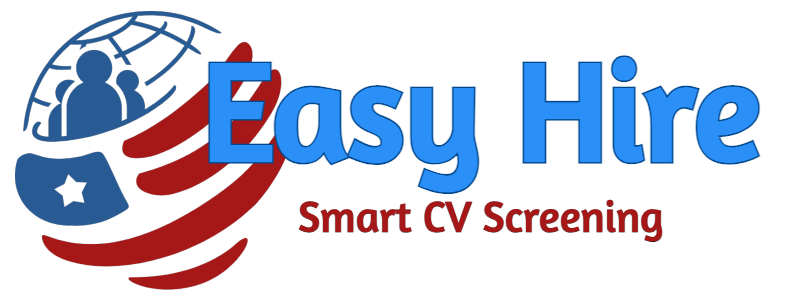The Ultimate Guide to AI in Recruitment
A comprehensive guide covering everything about AI in recruitment.
The Ultimate Guide to AI in Recruitment: Everything You Need to Know
AI is revolutionizing recruitment by automating tasks, reducing bias, and improving candidate experiences. But is it right for your business? This comprehensive AI recruitment guide explores AI’s role in hiring, its benefits, challenges, and how you can implement it effectively to stay ahead in the competitive talent market. Whether you’re an HR professional, recruiter, or business owner, this guide will equip you with the knowledge to harness AI’s potential for smarter, faster, and fairer hiring.
What is AI in Recruitment?
AI in recruitment refers to the use of artificial intelligence technologies like machine learning, natural language processing, and predictive analytics to streamline hiring processes. From resume screening to candidate engagement, AI automates repetitive tasks, identifies top talent, and enhances decision-making with data-driven insights.
Why is AI in Recruitment Important?
The recruitment landscape is becoming increasingly complex. With rising talent shortages and growing expectations from candidates, traditional hiring methods are no longer enough. Here’s why AI matters:
- Market Growth: The AI recruitment market is expected to reach $590 billion by 2027.
- Efficiency: AI reduces time-to-hire by automating manual tasks like resume parsing and scheduling.
- Bias Reduction: AI helps minimize unconscious bias by focusing on skills and qualifications rather than demographic factors.
Key Benefits of AI in Recruitment
1. Faster Hiring
AI-powered tools like chatbots and resume screeners cut down the time spent on administrative tasks, allowing recruiters to focus on strategic activities.
2. Improved Candidate Experience
AI-driven chatbots provide instant responses to candidates, while personalized job recommendations enhance engagement.
3. Data-Driven Decisions
AI analyzes vast amounts of data to predict candidate success, ensuring better hiring outcomes.
4. Enhanced Diversity
By eliminating bias in screening, AI promotes fairer hiring practices and fosters diverse workplaces.
5. Cost Savings
Automating repetitive tasks reduces operational costs and boosts ROI for recruitment teams.
Challenges & Misconceptions
Myth: AI Will Replace Human Recruiters
Reality: AI doesn’t replace recruiters; it empowers them. By handling repetitive tasks, AI frees up time for recruiters to focus on building relationships and creating personalized candidate experiences.
Myth: AI is Biased
Reality: While AI can inherit biases from training data, modern tools are designed with fairness in mind. Properly implemented AI can reduce bias in hiring.
Challenge: Implementation Costs
AI tools require an initial investment, but the long-term benefits—like improved efficiency and better hires—often outweigh the costs.
How to Implement AI in Recruitment
- Identify Pain Points: Determine which parts of your hiring process need improvement, such as resume screening or candidate engagement.
- Choose the Right Tools: Explore AI-powered solutions like resume parsers, chatbots, and predictive analytics platforms.
- Train Your Team: Ensure your recruitment team understands how to use AI tools effectively.
- Monitor & Optimize: Continuously assess the impact of AI on your hiring process and make adjustments as needed.
Future Trends in AI Recruitment
- Hyper-Personalization: AI will enable more tailored candidate experiences through personalized job alerts and communication.
- Skill-Based Hiring: AI will shift focus from traditional qualifications to skills and potential.
- Emotional AI: Tools that analyze tone and sentiment will enhance candidate interactions.
- Integration with HR Systems: AI will seamlessly integrate with HR platforms for a holistic approach to talent management.
Frequently Asked Questions
Q: Does AI replace human recruiters?
A: No, AI enhances recruitment by automating repetitive tasks, allowing recruiters to focus on strategy and relationship-building.
Q: How does AI reduce bias in hiring?
A: AI screens candidates based on skills and qualifications, ignoring factors like gender, race, or age that can lead to bias.
Q: What is the cost of implementing AI in recruitment?
A: Costs vary depending on the tools and scale of implementation, but the long-term benefits often justify the investment.
Conclusion & Call to Action
AI is transforming recruitment by making it faster, fairer, and more efficient. By understanding its potential and implementing it strategically, you can stay ahead in the competitive talent market.
Ready to revolutionize your hiring process? Explore EasyHireApp’s AI-powered recruitment solutions today and take the first step toward smarter hiring.
